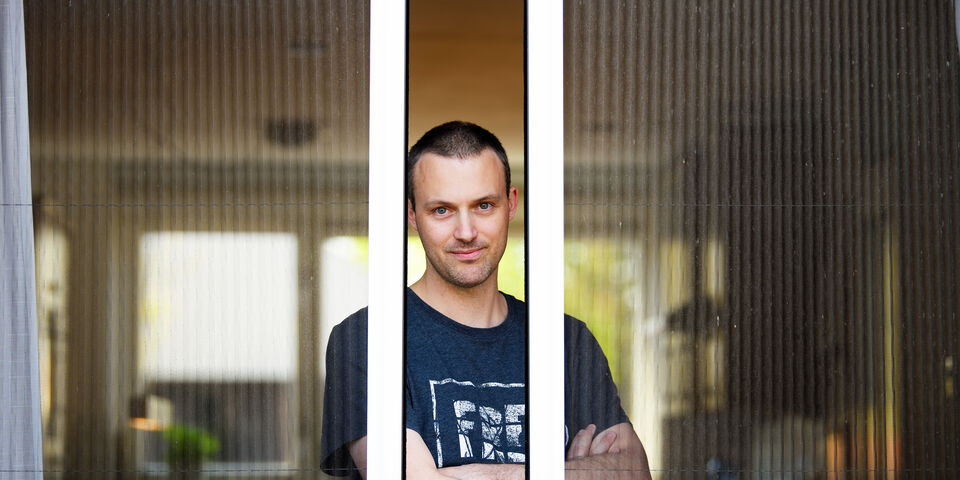“Recognition and Rewards”: fine words, but words alone aren’t enough
Rector Magnificus Silvia Lenaerts is putting a lot of work into the “Recognition and Rewards” program. Rightly so, because in addition to research, education is also very important for a university. However, the figures show that the program has not yet yielded any significant results in practice, writes columnist Boudewijn van Dongen.
Recently I was asked to fill out a survey on the “Recognition and Rewards” program, a program close to our rector’s heart. Read this article from October 2023 for reference. Under this program, academics should be able to specialize in management or impact, in addition to teaching or research.
The rector assumes that practically every academic spends about 20 percent of their time on teaching, 20 percent on research, 10 percent on impact and 10 percent on management. So the remaining 40 percent can be freely allocated. Whereas in the past, it was mainly research that was valued, and therefore, most colleagues chose to primarily focus on research, it should now also be possible to specialize in teaching or, for example, impact through valorization.
In essence, I think this is a great program. If you believe that education or valorization are indeed core tasks of the university, then efforts in those areas should be rewarded too. However, the fact that this has not been successfully achieved for years – in the view of the driving forces behind the “Recognition and Rewards” program, at least – is quite easy to explain: education, leadership and impact don’t bring in money. Just recently, the rector of TU Delft stated that he has to spend money to make impact. This is also reflected in the internal funding at TU/e.
Our own PowerBI portal provides the necessary data for this. The university receives money from the government in the form of basic funding and allowances per student and per degree. This is the first flow of funds. In addition to that, there are also a second and a third flows of funds: funding specifically intended for research. Let’s take a look at the revenues from each department’s first flow of funds and compare them with the credits produced by that department (i.e., educational results). The disparities are enormous.
Industrial Design is a department that is very much focused on education. Each full-time academic staff member at this department generates over 850 ECTS (the European credit system) per year and the department receives about 280 euros per ECTS. Electrical Engineering, on the other hand, produces only 400 ECTS per full-time employee, but receives over 520 euros per ECTS. Chemical Engineering and Chemistry stands out with over 950 euros per ECTS. At 800 ECTS per FTE and 280 euros per ECTS, Mathematics and Computer Science is comparable to Industrial Design, but it accounts for almost 23 percent of the ECTS total at TU/e.
Given this context, I can only conclude that Recognition and Rewards still has a very long way to go. If we can’t even manage to recognize departments for their contributions to TU/e internally, how are we going to reward contributions by individual employees? After all, it always comes down to that final question: Who is going to pay for this?
Boudewijn van Dongen is a professor of Process Analytics at TU/e. He writes this column in a personal capacity


Discussion